


Choosing the right medical college is crucial, especially for Indian students dreaming of practicing medicine globally. Here’s a curated list of the top 15 medical universities in the USA that are highly reputed and welcoming to international students:
Harvard Medical School
Johns Hopkins University School of Medicine
Stanford University School of Medicine
University of California, San Francisco (UCSF) School of Medicine
Perelman School of Medicine at the University of Pennsylvania
Columbia University Vagelos College of Physicians and Surgeons
Mayo Clinic Alix School of Medicine
Washington University School of Medicine in St. Louis
University of Chicago Pritzker School of Medicine
Yale School of Medicine
Duke University School of Medicine
University of Pittsburgh School of Medicine
University of Michigan Medical School
Northwestern University Feinberg School of Medicine
Vanderbilt University School of Medicine
These institutions boast high rankings, comprehensive programs, and excellent research opportunities.
To get admitted into these prestigious universities, Indian students need to meet certain requirements:
Language Proficiency Test: Prospective students must demonstrate proficiency in English by taking either the IELTS (6.5 overall), TOEFL (between 70-90), or PTE exam (between 50-70), depending on the institution's requirements. Each test has its scoring system, so applicants should check the medical school's website for accepted tests and minimum score requirements.
MCAT (Medical College Admission Test): The MCAT assesses candidates' aptitude across various parameters and is a mandatory requirement for pursuing an MBBS in the USA. This computer-based test comprises multiple-choice questions to evaluate reasoning, aptitude, and comprehension skills. It is conducted 15 times a year and lasts for 7.5 hours, with a maximum score of 528 and a median score of 500.
NEET (National Eligibility cum Entrance Test): Indian students must also clear the NEET with qualifying marks to pursue MBBS abroad with a minimum of 50 percentile.
Medical education in the U.S. can be costly, but there are relatively affordable options:
University of Central Florida College of Medicine
Tuition: ~$26,693/year (for residents)
Texas A&M Health Science Center College of Medicine
Tuition: ~$16,220/year (for residents)
University of Texas Health Science Center at San Antonio
Tuition: ~$20,654/year (for residents)
University of New Mexico School of Medicine
Tuition: ~$15,798/year (for residents)
East Carolina University Brody School of Medicine
Tuition: ~$18,159/year (for residents)
Note: Fees are significantly higher for international students, but some schools offer substantial financial aid packages.
Timing is everything when applying to U.S. medical schools:
Primary Applications: May - June (via AMCAS portal)
Secondary Applications: June - August
Interviews: September - March
Admissions Decisions: October - May
Matriculation (Start Classes): August - September
Procrastination can hurt your chances, so start early!
The U.S. medical school application process is detailed and rigorous:
Primary Application via AMCAS (American Medical College Application Service).
Secondary Applications directly from schools.
MCAT Scores submission.
Letters of Recommendation submission through AMCAS.
Personal Statement writing — compelling and honest.
Interview Preparation — often Multiple Mini Interviews (MMI) or panel formats.
Visa Process after admission confirmation (F-1 visa primarily).
Tip: Double-check deadlines—missing one could cost you an entire academic year!
Studying medicine in the USA can strain your finances, but scholarships ease the burden:
Harvard Medical School Financial Aid
Johns Hopkins University Scholarships
Stanford School of Medicine Grants
Yale School of Medicine Merit Scholarships
The American Medical Association (AMA) Scholarships
Some scholarships cover partial tuition; others offer full rides based on merit or need.
Studying medicine in the USA opens a treasure trove of opportunities:
Residency Programs: Specialize through residency training lasting 3-7 years.
High Salary: Doctors in the USA earn an average of INR 2 Cr annually.
Diverse Specialties: From cardiology to neurology, options abound.
Global Recognition: U.S. medical degrees are revered worldwide.
Research Opportunities: Engage in cutting-edge medical innovations.
Work in Top Hospitals: Like Mayo Clinic, Cleveland Clinic, and Mass General.
An MBBS equivalent in the U.S. ensures a financially and professionally rewarding career.
Ans. The best include Harvard Medical School, Stanford University School of Medicine, Johns Hopkins School of Medicine, UCSF School of Medicine, and Yale University School of Medicine.
Ans. 4 years of medical school + 3 to 7 years of residency, depending on the speciality.
Ans. Completion of 12th grade with science subjects, competitive MCAT scores (~510), strong GPA, letters of recommendation, and a compelling personal statement.
Ans. Around INR 60L - 65L/year, including tuition and living expenses.
Ans. Yes, including financial aids from Harvard, Stanford, Johns Hopkins, and Yale.
Ans. Primary application starts in May; matriculation occurs around August-September the following year.
Ans. Get the I-20 form, pay SEVIS fees, complete the DS-160, schedule the interview, pay visa fees, and prepare supporting documents.
Ans. The MCAT tests scientific knowledge and problem-solving abilities. A good score (around 510) is crucial for a strong application.
Ans. University of Central Florida, Texas A&M, University of Texas San Antonio, among others.
Ans. Access to world-class education, high earning potential, global career opportunities, and cutting-edge research exposure.
Ans. Academic advising, career counselling, mental health services, cultural support, and student clubs.
Ans. High GPA, excellent MCAT, clinical/research experience, strong recommendations, and outstanding personal statements are key.
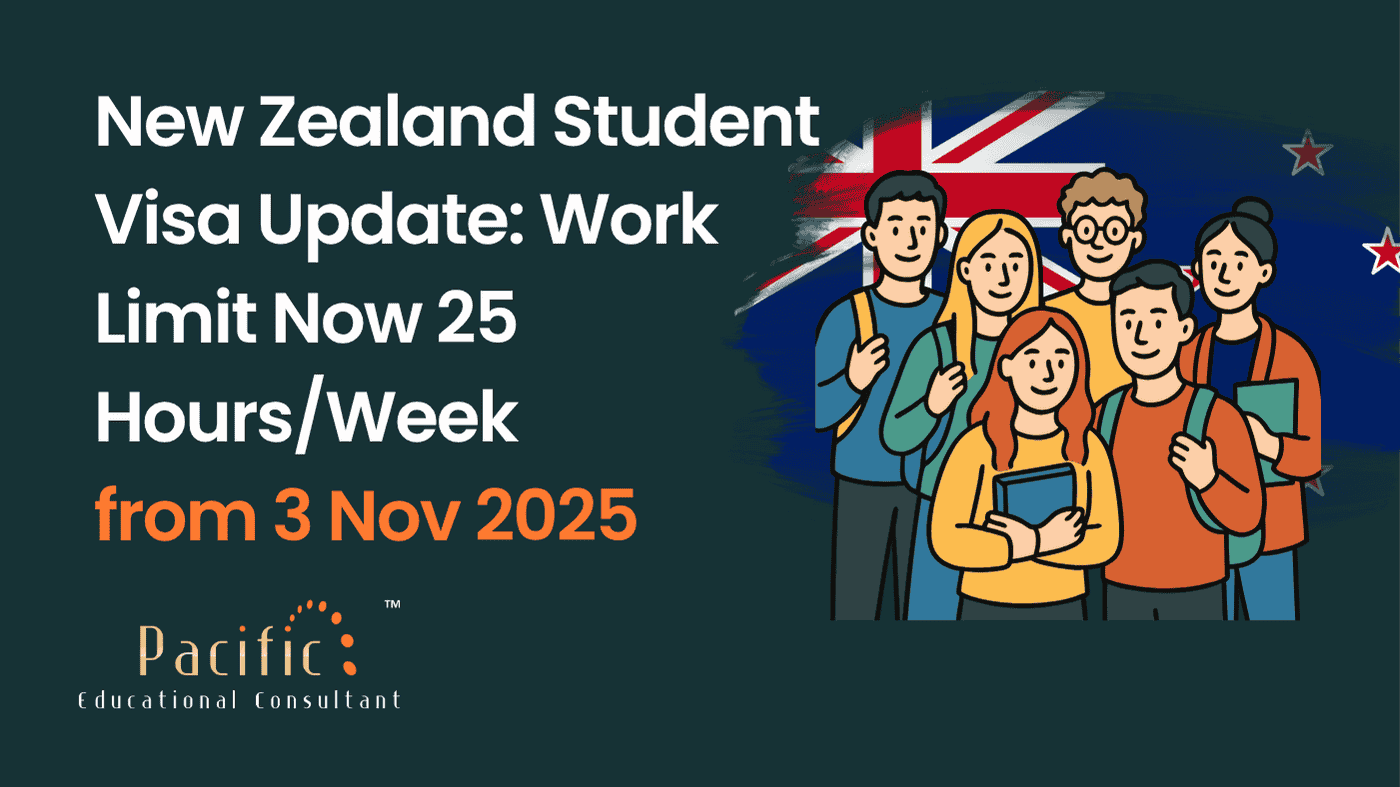
New Zealand Student Visa Update: Work Limit Now 25 Hours/Week from 3 Nov 2025

Describe a family member who you want to work with in the future - IELTS Cue Card
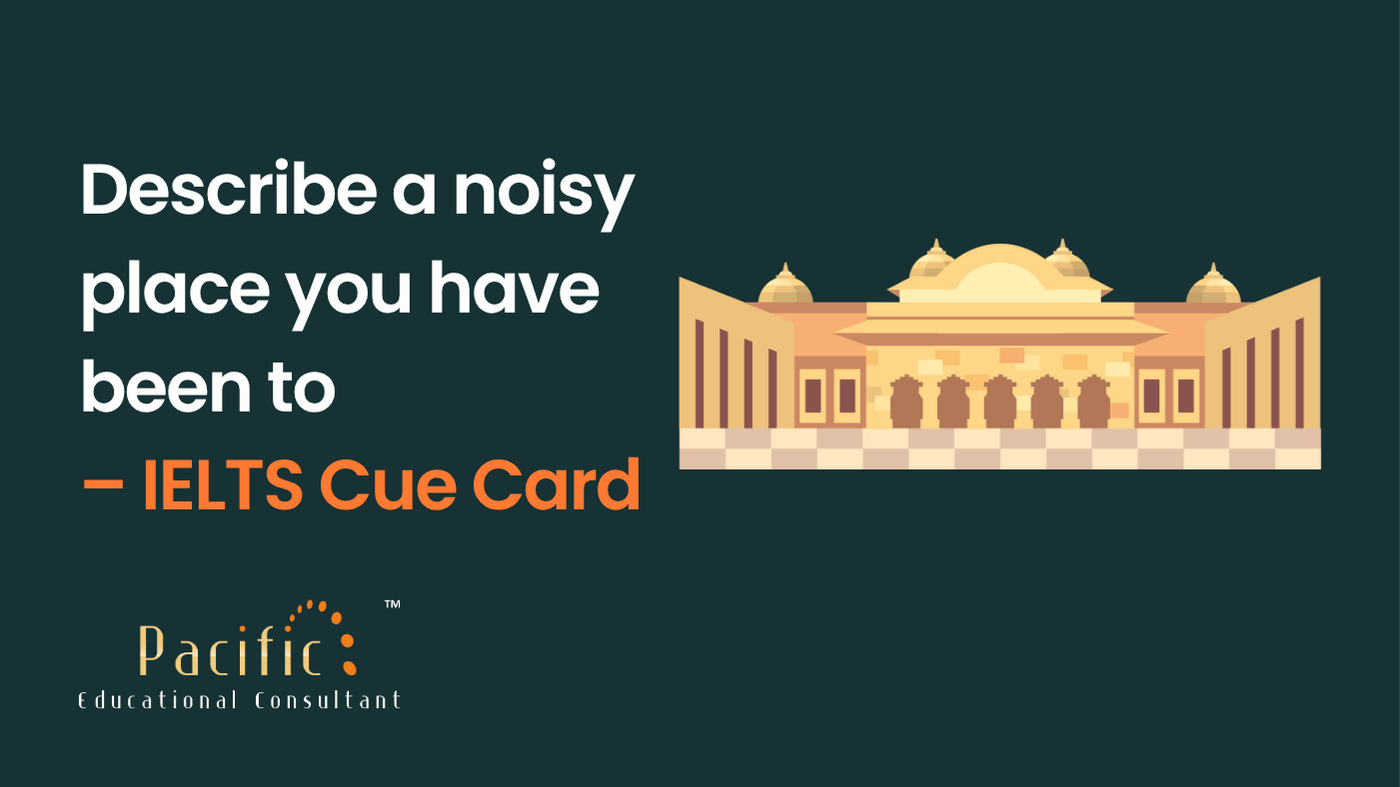
Describe a noisy place you have been to - IELTS Cue Card

Describe a time you enjoyed a free day off work or school – IELTS Cue Card
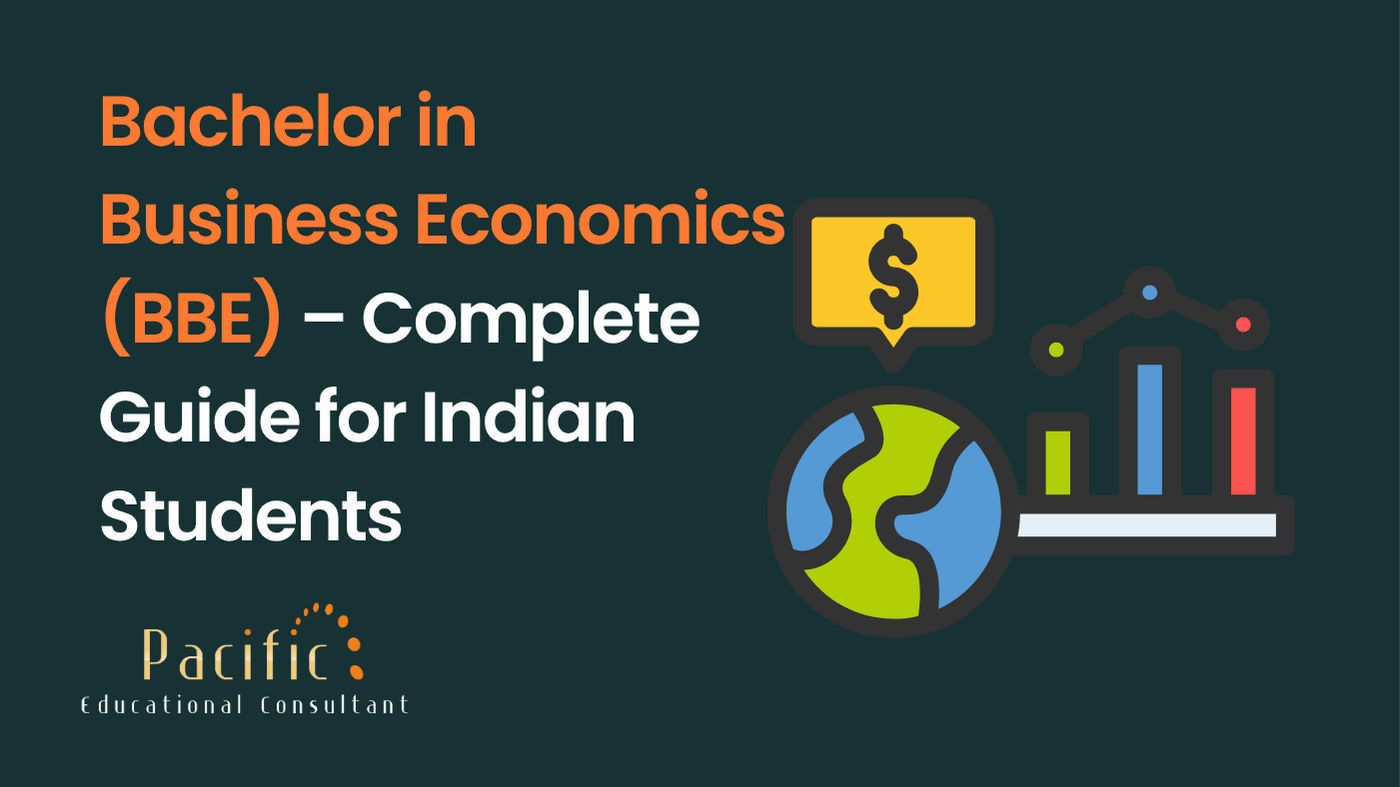
Bachelor in Business Economics (BBE)
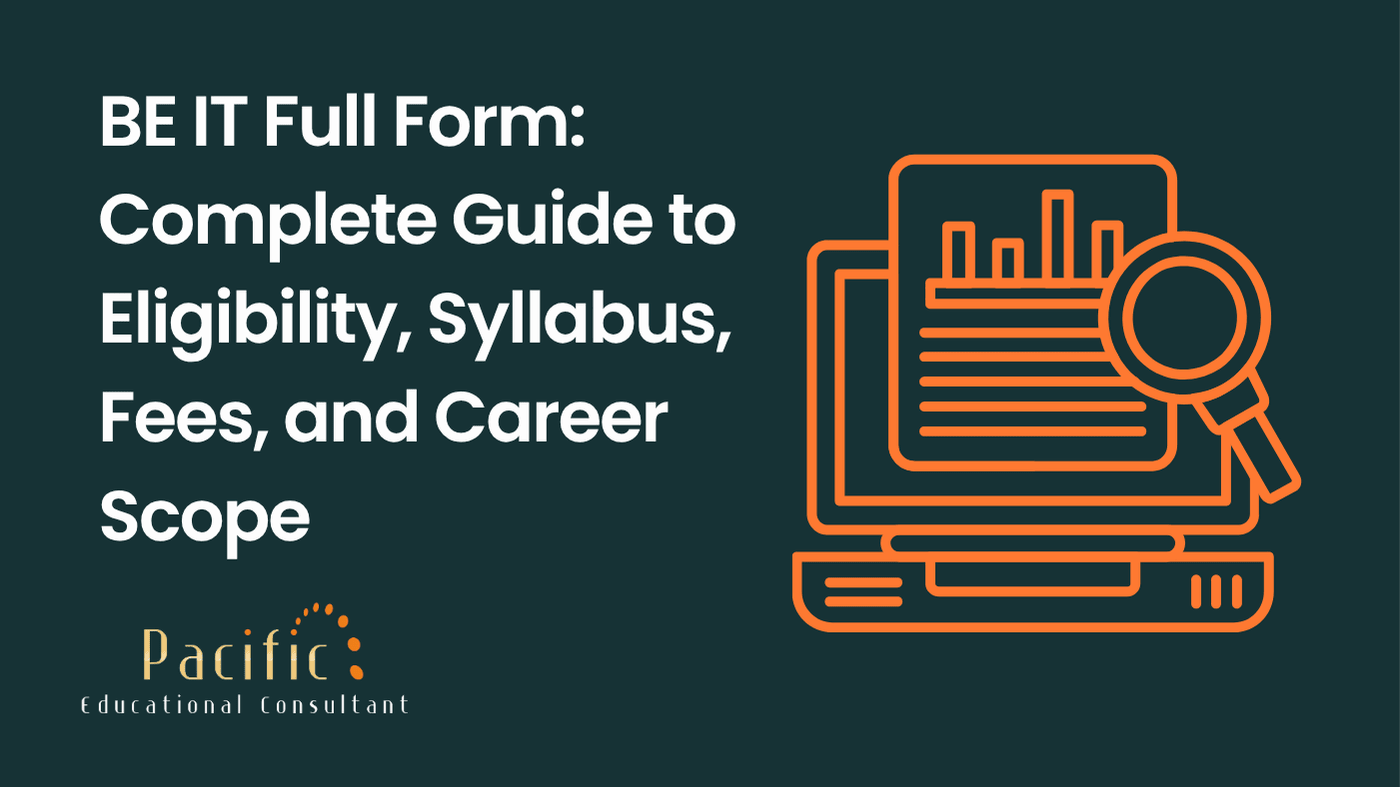
BE IT Full Form: Complete Guide to Eligibility, Syllabus, Fees, and Career Scope

Describe a water sport you would like to try in the future - IELTS Cue Card

Describe a plan that you had to change recently - IELTS Cue Card
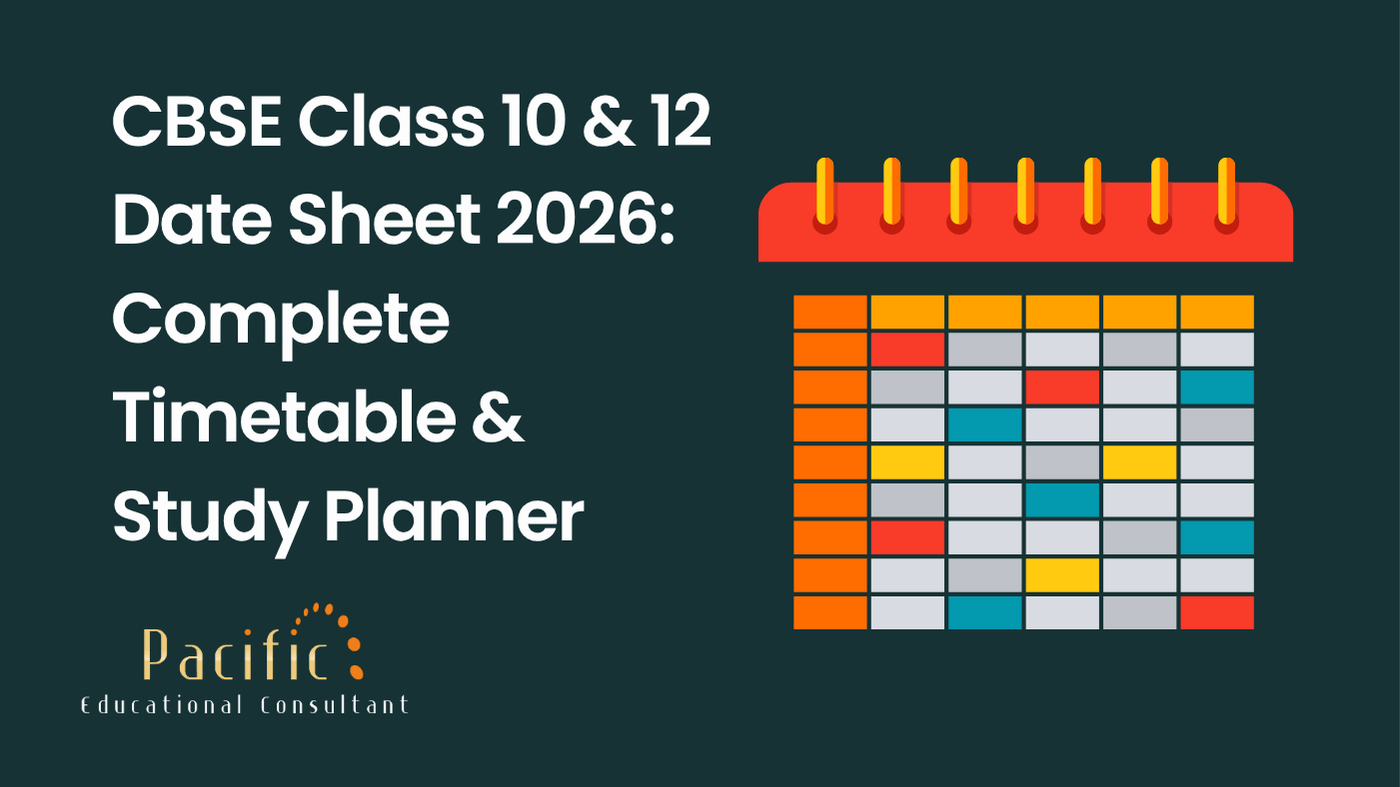
CBSE Class 10 & 12 Date Sheet 2026: Complete Timetable & Study Planner
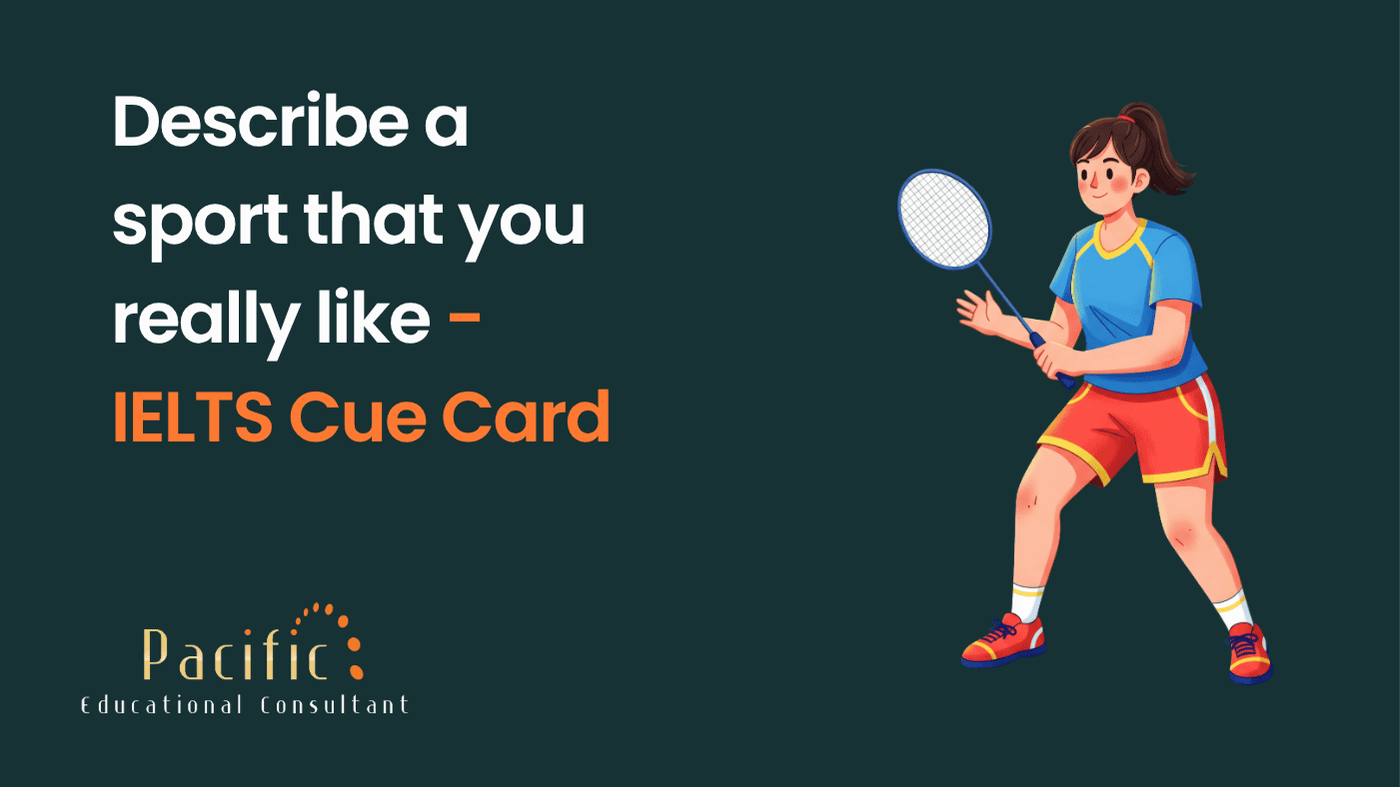
Describe a sport that you really like - IELTS Cue Card